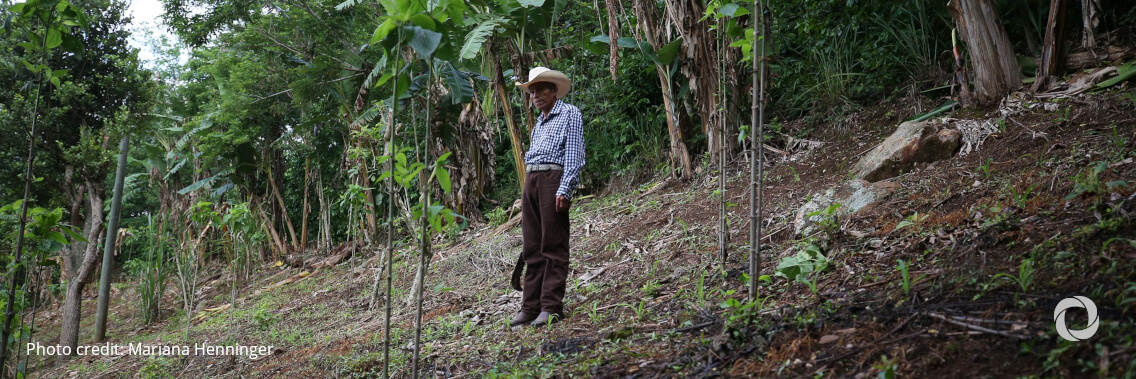As world leaders gather at COP26, the IRC calls for a more concerted effort to address climate change in Northern Central America, a root driver of migration that has helped push an unprecedented number of people this fiscal year to the US Southern border. In Northern Central America (Honduras, El Salvador, and Guatemala), millions of lives and livelihoods depend on strong political will at COP26.
In 2020, more than 1.4 million people were internally displaced in Northern Central America, namely by climate change and conflict:
- Natural disasters displaced 339,000 people in Guatemala, 17,000 in El Salvador, and 937,000 in Honduras in 2020 alone.
- More than 3.4 million people — including 1.3 million children — are in urgent need of support across Northern Central America after back-to-back hurricanes Eta and Iota hit the region in November 2020.
Overall, climate change will only compound humanitarian needs and displacement in the region. With two-thirds of those living in poverty globally working in agriculture, economic deprivation and negative coping strategies will only increase, with women and girls set to suffer most. The strain on natural resources, basic services, and livelihoods drive conflict and fragility: 60% of the 20 countries identified as the most vulnerable to climate change are affected by armed conflict – which only reduces their mitigation ability. Forced displacement, already at record highs in 2021, will only increase: according to the World Bank, without immediate and concerted action, climate change could force over 200 million people worldwide into internal displacement alone by 2050. Overall, climate change impacts are estimated to contribute to more than 200 million people in need of international humanitarian assistance each year.
Meghan López, International Rescue Committee’s Regional Vice President of Latin America, said, “International cooperation and funding are necessary to address the root drivers of displacement, including climate change, that cause thousands of people to make the desperate journey out of Northern Central America to Mexico and the US.
“The IRC supports an integrated response: both responding urgently to crises rooted in violence, inequalities, and food insecurity while simultaneously building resilience to climate change. Donors must increase multiyear, flexible financing with a greater percentage of funding reaching frontline responders – including indigenous communities and women-led organizations experts in local biodiversity, agriculture, and ecosystems. It is also critical that there is sufficient funding for early warning and early action mechanisms in response to rising food insecurity, with a focus on support to livelihoods before the onset of the crisis, as well as targeted responses to the most vulnerable groups.
“Adaptation funding for states in Northern Central America and beyond is especially crucial – this is a today, not a tomorrow problem for these populations, facing emergency conditions at current levels of global warming. The IRC welcomes President Biden’s pledge to provide $3 billion in adaptation finance annually for those most vulnerable to climate change worldwide, but this is not nearly enough. Climate finance to least-developed countries currently stands at $15 billion per year; the United Nations has estimated that $300 billion will be needed per year by 2030 for climate adaptation alone. As the most vulnerable communities are disproportionately impacted, this cost only rises, and the needs only become more complex. These populations are being left alone to face a problem they did not cause.”

